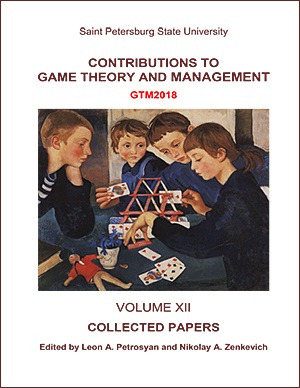Detecting Earnings Management: a Study of German Public Companies During the Global Financial Crisis 2008
Abstract
This study investigates the accounting decisions made by managers of German public companies during the financial crisis of 2008. The overall goal was to detect the usage of earnings management strategies. The list of incentives for earnings management during the financial crisis was elaborated, among which were income-increasing as well as income-decreasing and smoothing strategies. The earnings management was detected in the event year (2008 or 2009 depending on the industry) and the year preceding the crisis. Big-bath accounting was the most preferable earnings management strategy in a year -1. For the year 0 mixed evidence was gathered. Discretional accruals turned out to be different within the same industry (except Automobile). Asset quality index, gross margin index and industry belonging was proved to have a positive correlation with the probability of earnings manipulation.
Keywords:
earnings management, discretional accruals, financial crisis 2008, German economy, income-decreasing strategies
Downloads
References
Downloads
Published
How to Cite
Issue
Section
License
Articles of "Contributions to Game Theory and Management" are open access distributed under the terms of the License Agreement with Saint Petersburg State University, which permits to the authors unrestricted distribution and self-archiving free of charge.




